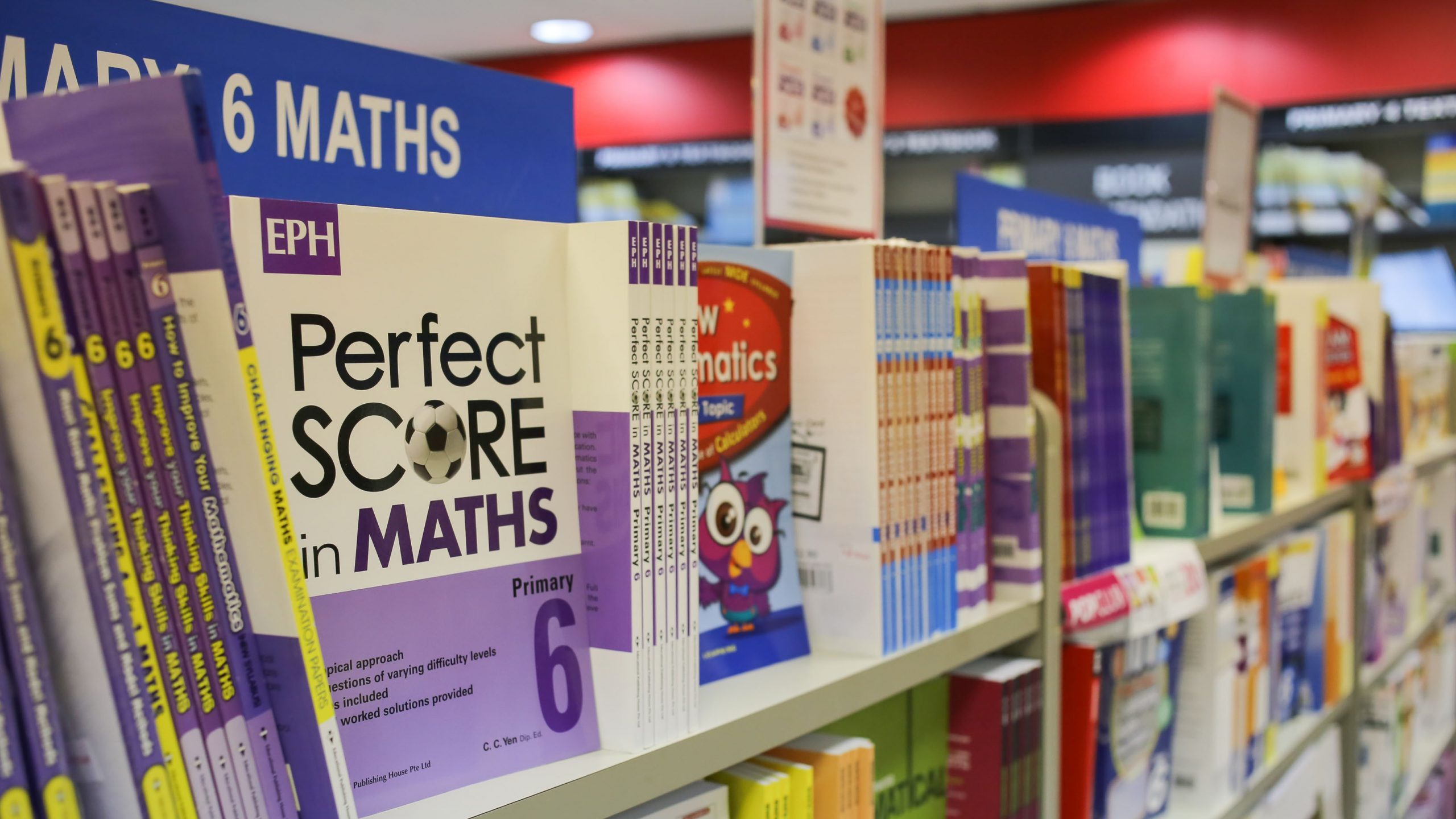Cognitive style and creativity: The role of education in shaping cognitive style profiles and creativity of adolescents
August 27, 2024
Teachers’ Day is celebrated annually on 30 August. Students present their teachers with tokens and cards to show their appreciation and thank them for their hard work. Teachers face the challenging task of having to accommodate different learning styles and needs simultaneously. There is a wide range of factors that can influence a student’s learning needs, from their personal preferences and abilities to the environments that surround them.
While researchers have extensively studied the different cognitive styles (CSs) of students, limited research has been done with regard to the link between students’ CSs, their environments, and how they influence their development. In ‘Cognitive style and creativity: The role of education in shaping cognitive style profiles and creativity of adolescents’ (British Journal of Educational Psychology, 2023), Ms Ho Shuen and Associate Professor Maria Kozhevnikov (both NUS Psychology) explore these issues, looking into the nature of the CS construct, evaluating its predictive power, and understanding how the CS changes upon exposure to sociocultural influences.
The study was conducted with data from 347 secondary school students, aged 13-16. Through different assessments and quizzes, the students were tested on their visual abilities, learning preferences, and artistic and scientific creativity. The data was evaluated through structural equation models, with the findings suggesting that CS, as a concept, had a matrix-type structure, with at least four orthogonal CS families representing the different types of environmental adaptation (Context, Rule, Integration and Locus). This structure showed how the concept of CS styles could detect environmentally sensitive individual differences in cognition in learners. The findings also emphasised the complexity of CS styles, and that researchers ought not to reduce or simplify the model to ensure that CS styles can be represented accurately.
The findings also suggested that the CS profiles of the students surveyed, and by extension, that of Singapore students at-large, could have been influenced significantly by the environment provided by Singapore’s education system. Specifically, the researchers identify a stronger emphasis on scientific thinking in the students, which they attribute to education in Singapore being more skewed towards STEM subjects.
Read the article here.

